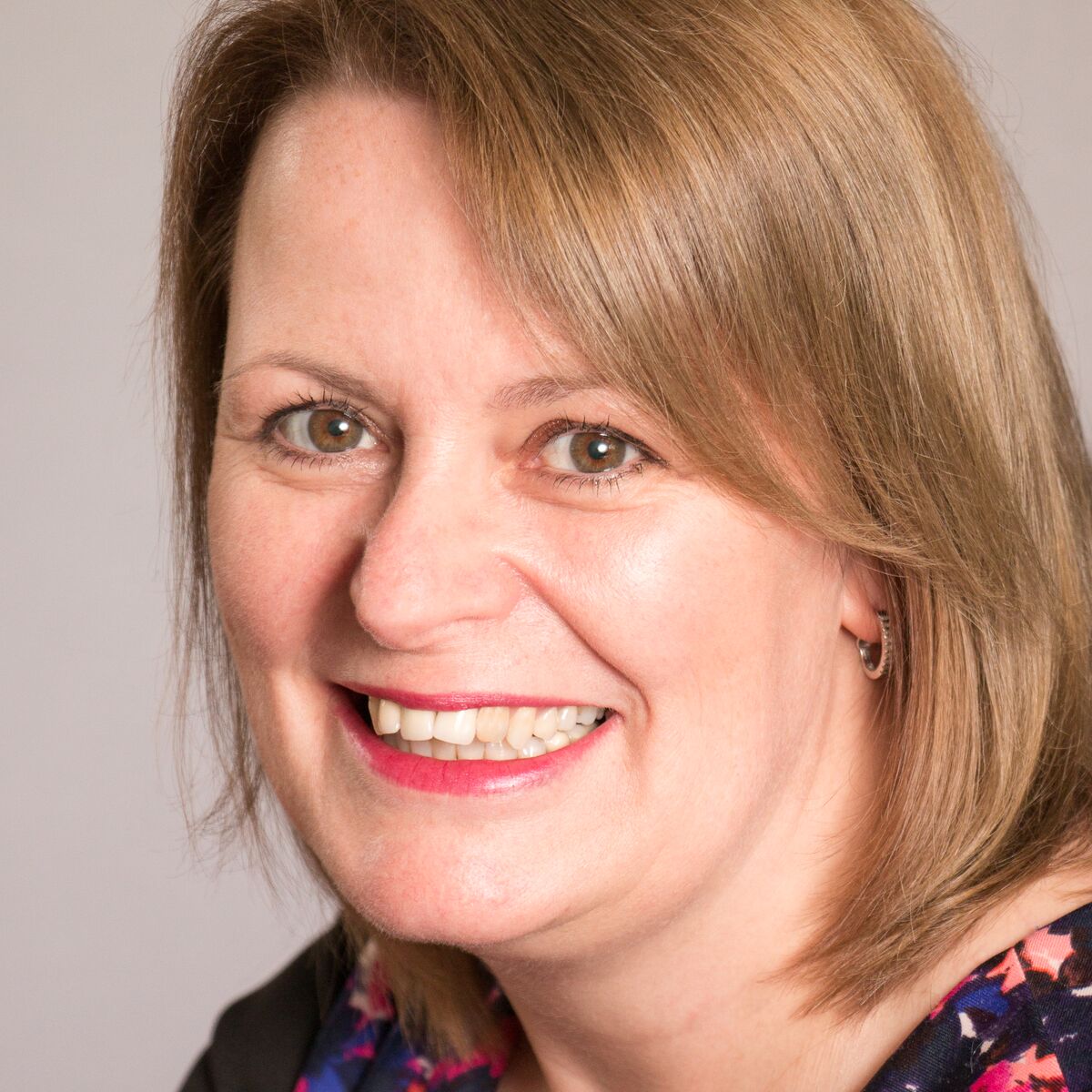New research suggests that 4 in ten people are keeping secrets about credit cards, loans and savings. The research from the Money and Pensions Service, marking the start of Talk Money Week, found the adults in the UK have kept at least 21 million financial products secret from their loved ones.
The most common financial secrets are credit cards, with 37% of people keeping their credit card debts a secret.
Other secret financial products include undisclosed personal loans and savings accounts, with 23% and 21% respectively keeping these a secret from their loved ones.
Despite the widespread impact of the Covid-19 pandemic on finances, there remains a stigma in British culture about discussing money matters.
The research found that 38% of us stay silent about money worries, for reasons including embarrassment or fear of being judged.
Talk Money Week is a public awareness campaign designed to improve financial wellbeing by encouraging people to open up about their finances.
According to the research, the most secretive generation are millennials, with 59% saying they have secret financial products.
Only 26% of retirees keep financial secrets from their loved ones.
Of the 25 to 34-year-olds with secret financial products, it is debt (including credit cards, personal loans and overdrafts) which are most commonly kept secret.
People in relationships appear to underestimate the extent of the financial secrets their partner keeps from them.
Nearly a quarter of people in relationships suspect their spouse or significant other keeps a financial product secret from them, but nearly half admitted to having an undisclosed money product.
Some of the respondents to the survey said the secret financial products become easier to manage once they disclosed it to their partner, with one claiming they were close to bankruptcy due to credit cards and loans, which they sorted out once they told their partner.
The research also identified some significant knowledge gaps for people in relationships, with 30% saying their partner does not know their approximate annual income.
Sarah Porretta, Strategy and Insights Director at the Money and Pensions Service said:
“We know there are numerous reasons why people keep money secrets from those closest to them; a secret savings account could act as a buffer for those who want to escape a difficult relationship; an unpaid bill could be kept under wraps in order to protect anxious family members. For many who keep money secrets, it can be a feeling of shame or embarrassment that debts have spiralled out of control.
“Yet we also know that many people will be struggling with money worries due to the financial impact of Covid-19, so if you feel this is getting on top of you, having a conversation with someone – a friend, family member or expert – can bring a different perspective and allow you to feel more in control as a result. Opening up is a valuable start to making problems more manageable, for the benefit of our health, relationships and overall wellbeing.
“If you need to strike up a conversation, use Talk Money Week – there’s never been a more important time to start talking than today and our online Talk Money guides offer guidance to help start conversations and prepare yourself ahead of these. You are not alone and, as our research shows, there are many others harbouring secrets about money; there are resources available to help tackle some of these secrets including debt advice, as well as money and pensions guidance.”
Sources
The information contained in this blog post does not constitute advice or recommendations. You should seek independent financial advice before acting on any information on this website.





